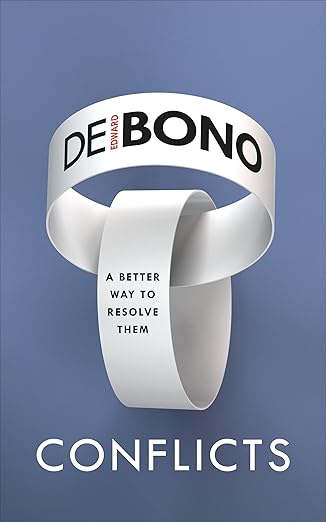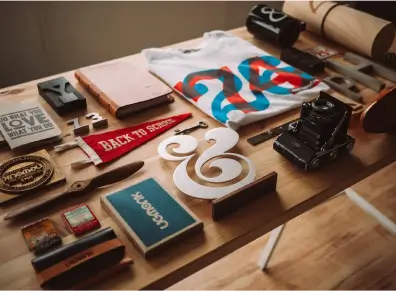Understanding Conflict
Just to recap…in my June update I introduced a favourite book of mine- Conflicts A Better Way to Resolve Them by Edward de Bono which is critical about the current way we go about things (EdB calls it the adversarial approach) and instead it promotes a totally different way of sorting out disputes: one which would make us happier- and better off: called the Design approach.
This update looks at how conflict begins and importantly how we can sometimes make it worse… with some ideas on how to put people in the right frame of mind to negotiate.
The essence of what I have to say is we should always avoid anything which puts the other party in a position where settlement feels (or looks) like a climbdown…
Why do we idealise conflict?
This is an odd question when you think about it because we all know that ‘winning’ comes at a cost. There is always some collateral damage not to mention making enemies of ex- employees with nothing to lose. Of course everyone wants to avoid legal costs… But the real cost is the diversion of resources towards raking over past wrongs. And there is another subtle cost- a little less obvious but no less important and that’s the impact of conflict on creative thinking. As EdB puts it:
…It may be that in that emotional state a thinker is simply incapable of having certain types of thought.’
Taking this into account it’s impossible to quantify the true cost of workplace disputes… because it’s impossible to know what we’d have come up with our best, creative thinking. The truth is people think they like conflict, but as things pan out, most of us can’t wait for it to stop. ACAS annual stats confirm this: 70% of cases settle so surely, we all want to get there as quickly as possible.
But there are many drivers to conflict. You’ll have to read the book to get the full picture (agitators, money, revenge etc.) but if you work in HR, you’ve probably come these:
- The limitations of our Words-based system- lawyers tend to pin down a client’s position at its wordy best. This may help (possibly) if you’re unlucky enough to wind up in Tribunal but in the here and now setting down ‘points’ in a thorough way is not a good idea. For one, it’s a major wind up and for another, it carves the facts of a dispute in stone which makes it very difficult to change our assessment of the issues or – and here’s a thought- how we now feel about them. Normally the drivers such as fear or anger become lessened with time and the distraction of fresh challenges.
- Being right- We do like the idea of winning in a singular, public way. People imagine having a great day in the Tribunal where they will be comprehensively vindicated. Most of us become much less keen in the run up to the hearing!
- Mood- In the short-term this definitely adds to the attraction of conflict. It’s perfectly rational to want to attack if we are angry, humiliated or scared. Given that we all seem to want peace it would be wise to factor this in…to think about how to put others in the right frame of mind for peace and, importantly, to check in on how everyone feels about the issues as time moves on.
Entrenched perspectives
The adversarial approach to litigation really is a bad place to start the journey to a Settlement. At Law College we were trained to start with a Letter Before Action. You may have seen one: you pen everything down but from your client’s point of view (only), add a bit of law and make a threat with a timescale for surrender…. Things may have changed a bit for the better- at least now we’re supposed to exchange documents to back up what we are saying… but I can’t image not feeling infuriated if I was on the receiving end of one of these!


)
)
)